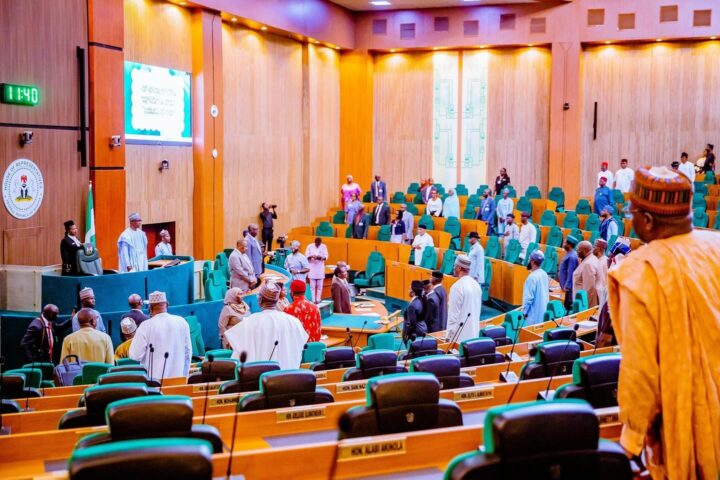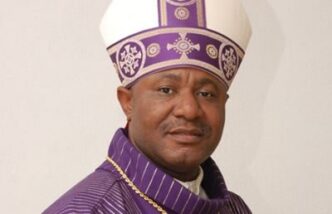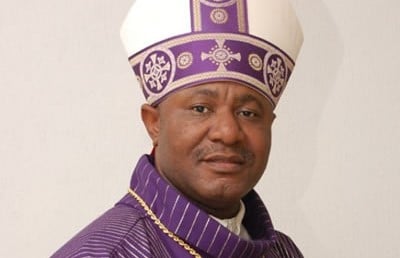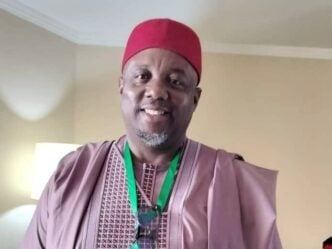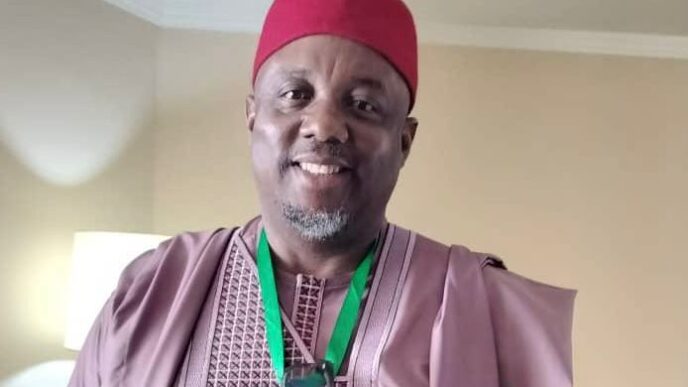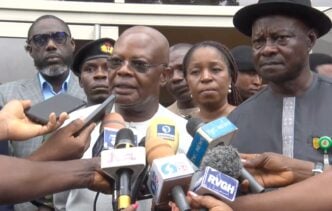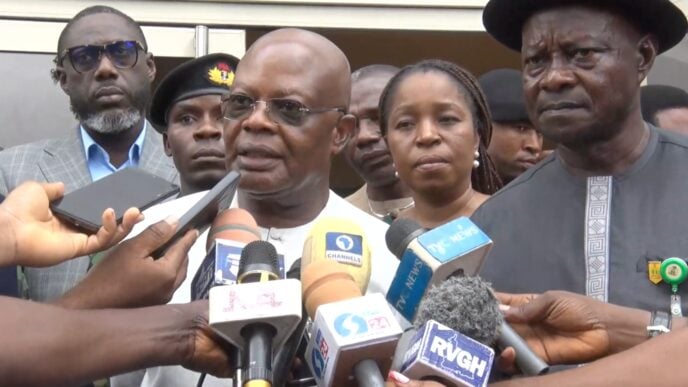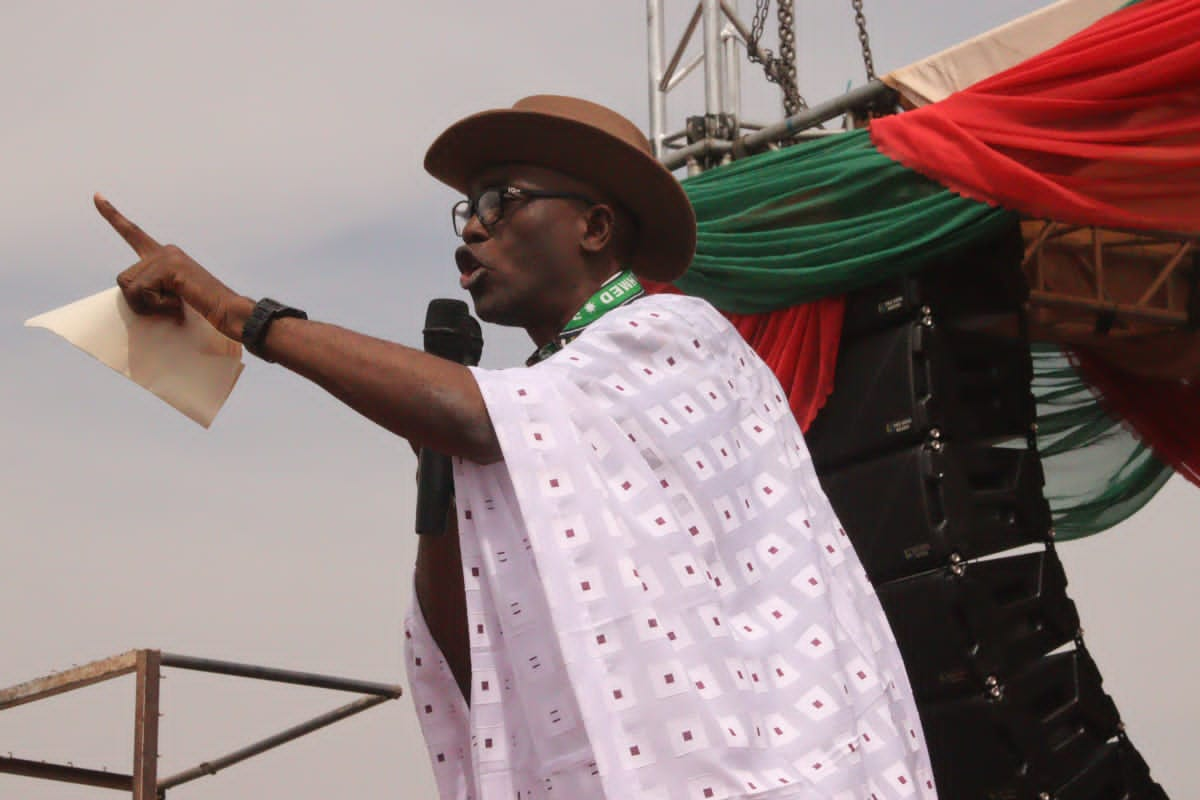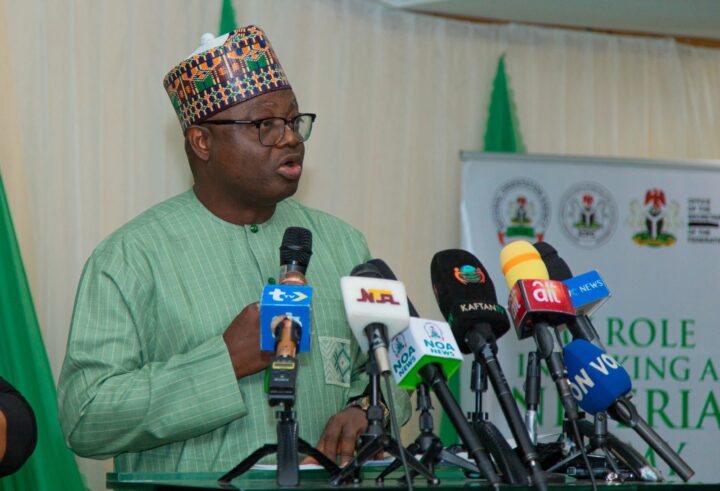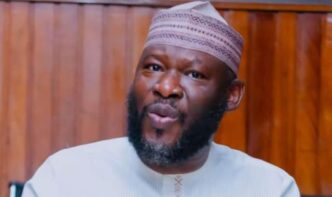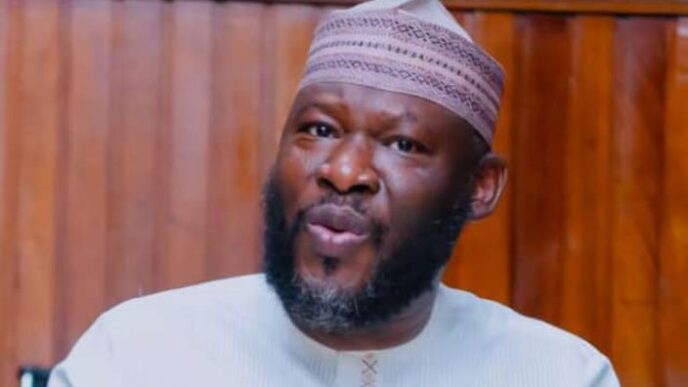House of reps
The Peering Advocacy and Advancement Center in Africa (PAACA), a civil society organisation (CSO), has criticised the house of representatives for proposing a bill to set a 60-year age limit for presidential, governorship and deputy governorship candidates.
On Thursday, a bill seeking to bar individuals above 60 from contesting presidential and governorship elections passed the second reading in the house of representatives.
The bill aims to amend sections 131 and 177 of the constitution to review the qualification of a person seeking election into the office of the president, vice-president, governor and deputy governor.
Sections 131 and 177 of the 199 Constitution stipulate that “a person shall be qualified for election to the office of the president and governor respectively, if he/she has been educated up to at least school certificate level or its equivalent”.
Advertisement
The proposed amendment seeks to require candidates for president or governor to hold a university degree and be not older than 60 years at the time of contesting.
Speaking in Abuja, Ezenwa Nwagwu, the executive director of PAACA, described the proposed law as a “violation of democratic principles,” calling age-based election restrictions “undemocratic” and an “infringement on constitutional rights”.
“A democracy should be about inclusivity, not exclusion,” Nwagwu said.
Advertisement
“Denying anyone the right to contest based on age alone shrinks the democratic space rather than expanding it, indeed the progressive and radical consideration should be removing age limits for voting and being voted for.
“At a time when there is a strong clamour for expanding the democratic space, lawmakers should not be shrinking it.
“Leadership should be about competence, vision, and the ability to deliver, not about an arbitrary age limit.”
Nwagwu said educational qualifications do not guarantee good governance or performance, adding that the 1999 Constitution sets the requirement at literacy level to ensure inclusivity.
Advertisement
“There are countless examples of individuals with high academic qualifications who have failed in leadership, just as there are those with minimal formal education who have excelled. The focus should be on capacity, integrity, and competence,” he added.
The PAACA executive director criticised the proposed bill for same-day elections in Nigeria, while acknowledging the need for reforms.
He also cautioned against hasty implementation without proper preparation.
“Trying new approaches in our democratic experience is good, but we must be careful not to erode some of the gains already made,” he said.
Advertisement
“The crisis of elections in Nigeria cannot be said to be necessary because they are staggered; rather, it is due to the manifest attitudes of stakeholders, including politicians, electorate, security agencies, and electoral officials.
“Sometimes, people make these proposals from an urban lens. The reality is evidently different in many parts of Nigeria.
Advertisement
“There are communities where people travel for hours by boat, motorcycles and donkeys just to cast their votes.
“We do not yet have the logistical and infrastructural capacity to conduct elections in one day without disenfranchising voters.”
Advertisement
On March 27, a bill to allow the Independent National Electoral Commission (INEC) to conduct all elections on the same day passed its second reading in the senate.
The bill also seeks to ease financial and logistical pressures on political parties and candidates by shortening the campaign period.
Advertisement
